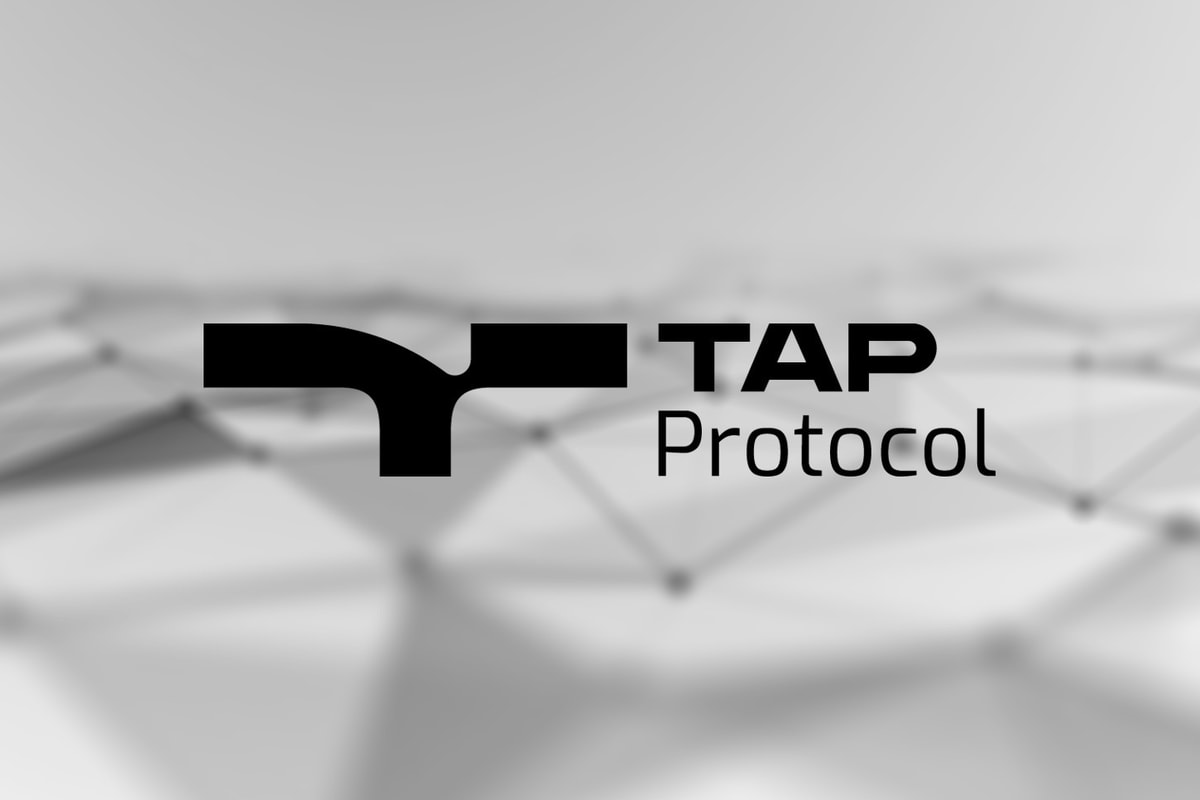Wemade, a South Korean gaming company, announced its plan to issue a stablecoin on its mainnet a few months ago. Currently, it’s servicing 16 blockchain games on its platform, WEMIX Play.
The company revealed the detailed mechanism of the stablecoin, WEMIX$. With the launch date of its own mainnet WEMIX3.0 set on Oct. 20, the crypto market is likely to see a brand new stablecoin very soon.
“Stablecoin is the hottest topic in the crypto scene right now,” said Henry Chang, CEO of Wemade. “It is ‘the one who must not be named’ these days,” referring to the Terra crash from which the crypto market still hasn’t recovered.
However, there are three requirements that a successful stablecoin should meet, and WEMIX$ has them all, he went on to argue.
First, a stablecoin must be stable. That may sound obvious, but we’ve seen stablecoins that were unstable. However, WEMIX$ is stable because it will be issued 100% reserved by USD Coin (USDC), he explained.
He argued that another requirement for a stablecoin is “stable and native reflexivity,” which means when the demand for WEMIX$ increases, the value of WEMIX, the native coin of the Wemix3.0, should rise as well. That, in return, will expand the WEMIX3.0 ecosystem, and it will increase the volume of trade using WEMIX$.
To secure this positive cycle, a portion of every fee generated by WEMIX$ trades and WEMIX$-based trades will be allocated to the WEMIX holder community. Specifically, the WEMIX team plans to create a staking program and continue to distribute a certain portion of the WEMIX$ fees created in the WEMIX3.0 ecosystem to the staking program.
The third requirement he mentioned is scalability. For the ecosystem to grow, the total volume of its stablecoin must grow accordingly. In other words, the size of the ecosystem’s economy could be limited by its stablecoin’s trading volume.
To tackle this and peg problem, the WEMIX team devised its DIOS protocol for issuing and burning stablecoins. When high demand for WEMIX$ raises its price over 1 USDC, DIOS will issue additional WEMIX$ and swap with USDC to pull the price back to $1. Since the WEMIX$ price was higher than $1, there will be a surplus of USDC, which will be put in reserve, and additional WEMIX$ will be issued to keep the WEMIX/USDC ratio at 1:1. This newly issued WEMIX$ will go to the aforementioned staking program. This process also expands the total volume of WEMIX$ and USDC reserves.
If the price goes below $1, the DIOS protocol will be activated and take USDC from the reserve and buy WEMIX$ on decentralized exchanges. The protocol will burn the WEMIX to pull up its value. Then, the surplus of USDC will be put back into the reserve again, and additional WEMIX$ will be issued to match the 1:1 ratio.
“In order for the digital blockchain economy to operate and become successful, stablecoins are essential, and three requirements are needed to create a successful stablecoin, which are stability, stable and native reflexivity and scalability.” He concluded adding, “WEMIX$ will become a new history of stablecoins, and that history will be the cornerstone of the digital blockchain economy.”











